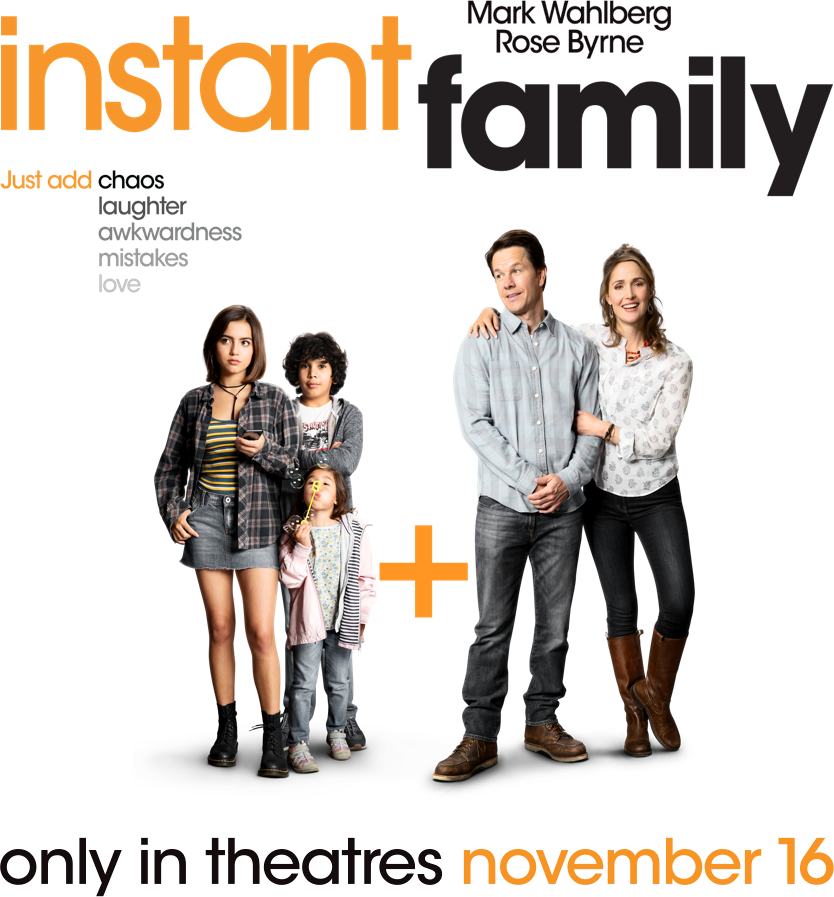We had the chance to speak with Sean Anders, the Director of Instant Family. Instant Family is the semi-autobiographical story of Anders and he and his wife’s decision to adopt children from foster care. “Based on a true story” or semi-autobiographical are interesting to me because I always wanted to ask where the ‘true’ stops and the ‘story’ starts. Out of the gate I asked Sean Anders where the story for Instant Family broke with reality.
He said that the story in Instant Family is loosely based on his family, but the dialogue and situations are based from stories that he’s heard or shared with other foster families. Even the comment that Pete (played by Mark Wahlberg) says where he offhandedly wanted children who were already somewhat grown was something that Anders directly said to his wife.
After seeing the film most of the dialogue is written like that. These are lines that every parent has thought. Sometimes it’s the funny worst-case scenario line. The non-PC version of what you really think about children, foster care or other parents.
Instant Family nails down the good and bad stereotypes regarding parenting, foster parents, foster children and their families to the floor. The good, the bad and the ugly: Instant Family manages to make foster children and their situation real, as well as very funny and dramatic. It seques between funny and happy-ugly crying with such abandon that it boggles the mind. However, that is family. You yell at children that you love and then two minutes later you’re all but crying over the ‘I luf yuw dade’ note that he willingly scribbled on your notebook.





 Facebook
Facebook Twitter
Twitter Flickr
Flickr GooglePlus
GooglePlus Youtube
Youtube